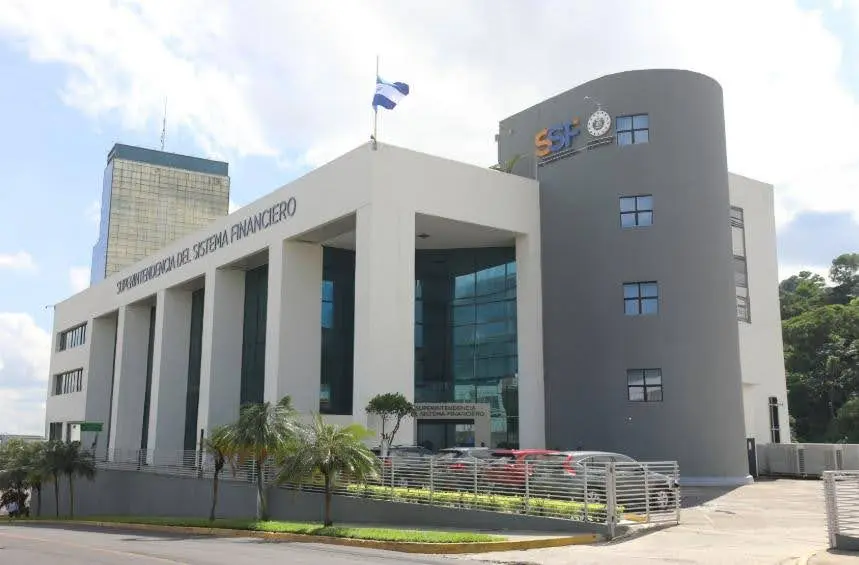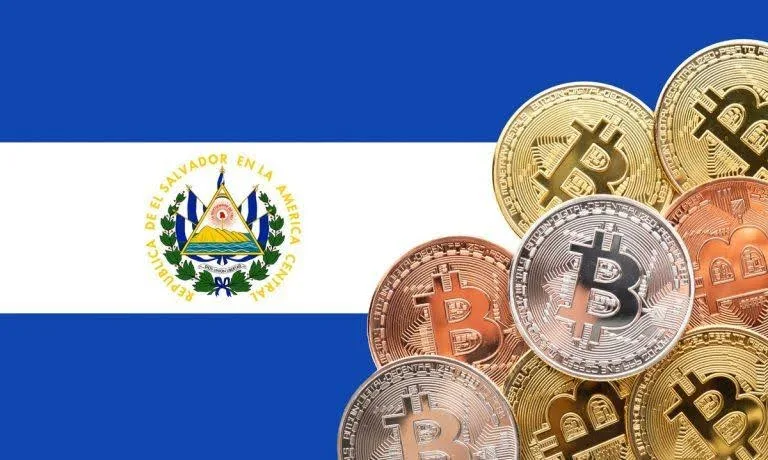El Salvador Opens Door for Fully Bitcoin-Based Banks, Targeting $250K+ Investors

Key Takeaways:
- El Salvador passes new law enabling private investment banks to operate entirely in Bitcoin for high-net-worth clients.
- Banks with a minimum $50M capital can apply for licenses to offer BTC, digital asset, and USD services.
- Move aims to attract foreign capital and position El Salvador as a regional hub for digital finance.
El Salvador has taken another bold step in its Bitcoin-first economic strategy. A newly approved Investment Banking Law now allows licensed private investment banks to operate entirely in BTC, provided they cater exclusively to “sophisticated” investors with at least $250,000 in liquid assets. The law is designed to attract international financial players and boost the country’s position in the global digital asset market.
Read More: IMF’s $120M Deal with El Salvador: Bitcoin Controversy Fuels Uncertainty in Crypto World

Law Creates a New Class of Bitcoin Investment Banks
The law differentiates between investment banks and commercial banks, granting a more liberal regulatory structure regarding the scope to carry out intense corporate finance activities and also to possess and trade Bitcoin. Institutions must maintain a minimum share capital of $50 million and may seek a Digital Asset Service Provider (PSAD) license. This license allows them to provide a range of services in BTC, tokenized products, USD, gold, or other approved assets.
Under the new rules, these banks can underwrite securities, manage assets, structure corporate transactions, and handle cross-border financing, all while holding digital assets directly on their balance sheets.
“We are turning El Salvador into a specialized financial hub, generating an international reputation, institutional confidence, and competitiveness,” said Dania González, a member of the Legislative Assembly.
Targeting Institutional and High-Net-Worth Clients
The legislation restricts the services to highly skilled investors – organizations or individuals that have vast market experience and they have the capacity to provide complex financial risk management. The $250,000 threshold cash is embraced in the eligible assets that will consist of Bitcoin, treasury bonds, tokenized assets as well as fiat.
This strategy resembles those of accredited investor protection in the U.S., which makes the banking model an institutional-grade finance approach as opposed to retail markets. This exclusivity will likely persuade regulators to attract multinational investment groups and capital flows worldwide in search of a crypto-friendly jurisdiction.

Why This Matters for Bitcoin Adoption
Allowing banks to operate entirely in BTC represents a significant shift from El Salvador’s earlier focus on retail adoption through the Chivo wallet. It opens the door for large-scale capital inflows, potentially driving institutional demand for Bitcoin.
Juan Carlos Reyes, president of the Commission of Digital Assets (CNAD), noted that with the proper license, “a bank could choose to operate entirely as a Bitcoin bank.”
This model not only supports BTC’s role as legal tender in El Salvador but also signals to the global market that Bitcoin banking can be fully regulated and integrated into national financial systems.
Read More: Bhutan Secretly Mines $1.3B in Bitcoin, Now Holds Nearly 40% of Its GDP in BTC
Strengthening Global Crypto Partnerships
The law comes after a number of global interactions to enhance crypto relationships in El Salvador. Recently, President Nayib Bukele met with Pakistan Minister of Crypto and Blockchain Bilal Bin Saqib to consider the joint approach to the Bitcoin adoption and energy policy adjustments towards the mining operations.
In another move, Bolivia’s central bank signed a memorandum of understanding with CNAD to promote cryptocurrency use as an alternative to scarce U.S. dollars amid its currency crisis. The introduction of stablecoins has already become popular in Bolivia as a stable means of cross-border trade, especially USDT.
Such alliances, alongside the new investment banking model, indicate that El Salvador is not only interested in Bitcoin implementation within the country, but it wants to integrate it into the global system of international financial relations.
Regulatory Oversight and Risk Management
These new banks which may be established will be regulated by the Central Reserve Bank (BCR) so as to ensure that they meet regulatory standards which may include capital threshold, liquidity ratio, and risk management of digital asset operations. In the meantime, compliance audits and monitoring of transparency will be performed by the Super intendency of the Financial System (SSF) in order to have investor protection.
With effective rules, the government alleviates the risk of adopting crypto banking without regulations but instead imparts the trust the global investors feel about conducting business in the El Salvador market with regards to its safety and legality.
The post El Salvador Opens Door for Fully Bitcoin-Based Banks, Targeting $250K+ Investors appeared first on CryptoNinjas.
